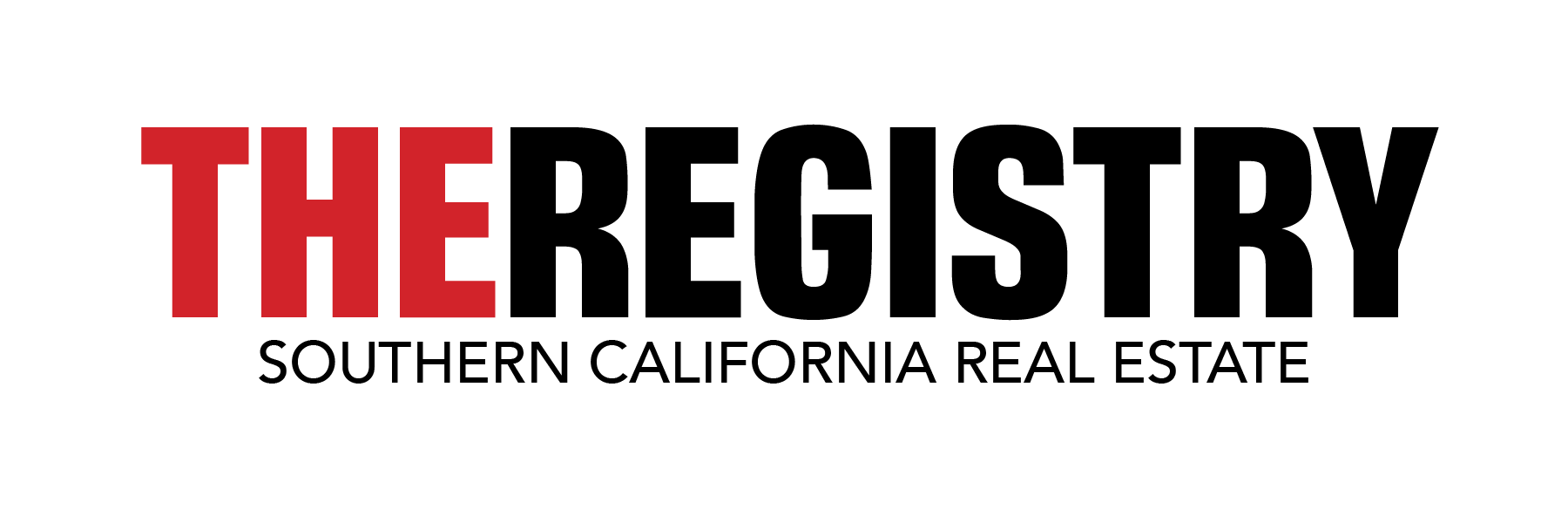In a remarkable display of strategic agility, the Caisse de dépôt et placement du Québec (CDPQ) reported a 7.2 percent return in 2023, a significant turnaround from its previous year’s performance. This return, though slightly below its internal benchmark, marks a period of recovery and restructuring under the leadership of CEO Charles Emond.
Emond’s three-year overhaul of CDPQ’s real estate portfolio played a crucial role in mitigating losses in this sector. The fund faced acute pressure in commercial real estate, traditionally a stronghold, due to rising borrowing costs and reduced occupancy. Notably, the Caisse’s real estate portfolio declined by 6.2 percent, outperforming the benchmark loss of 10 percent. This was achieved by divesting from shopping malls and office buildings, seen as vulnerable in the current market, and redirecting investments towards logistics, life sciences, and residential projects.
Emond predicts a continued downturn for office building owners, particularly for older structures facing weaker demand. He anticipates significant valuation drops and refinancing challenges, leading to potential sales at steep discounts. “That’s where the bloodbath will be in the next two years,” Emond stated, highlighting the ongoing transformation in the real estate market. This insight has led CDPQ to halve its exposure to offices and shopping malls over the past three years.
The CDPQ’s strategic shift is not limited to its real estate holdings. Its overall portfolio reflects a diversification aimed at resilience and stability. While private equity investments lagged with a mere 1 percent gain, public stocks and bonds fared significantly better, with returns of 17.7 percent and 8.1 percent, respectively. Infrastructure holdings, aligned with inflation, outperformed expectations with a 9.6 percent return.
The Caisse announced a restructuring of its real estate subsidiaries to bring them in-house, a move expected to save $100 million annually. This restructuring coincides with the stepping down of Nathalie Palladitcheff, chief executive of its Ivanhoé Cambridge property subsidiary, in April.
Emond, who took the helm in February 2020, has faced a multitude of global challenges, including the pandemic, record inflation, and geopolitical tensions. Yet, under his leadership, the CDPQ has weathered these challenges and positioned itself for future growth. With total assets increasing by $32 billion to $434 billion in 2023, and a solid 10-year return average of 7.4 percent, surpassing its 6.5 percent benchmark, the CDPQ stands as a testament to strategic resilience in turbulent times.
Emond anticipates the upcoming year to be pivotal, with central banks likely adjusting rates amidst ongoing inflation and geopolitical uncertainties. “This current environment is an extraordinary test of our strategy,” he remarked, recognizing the complex times facing the industry broadly.






















